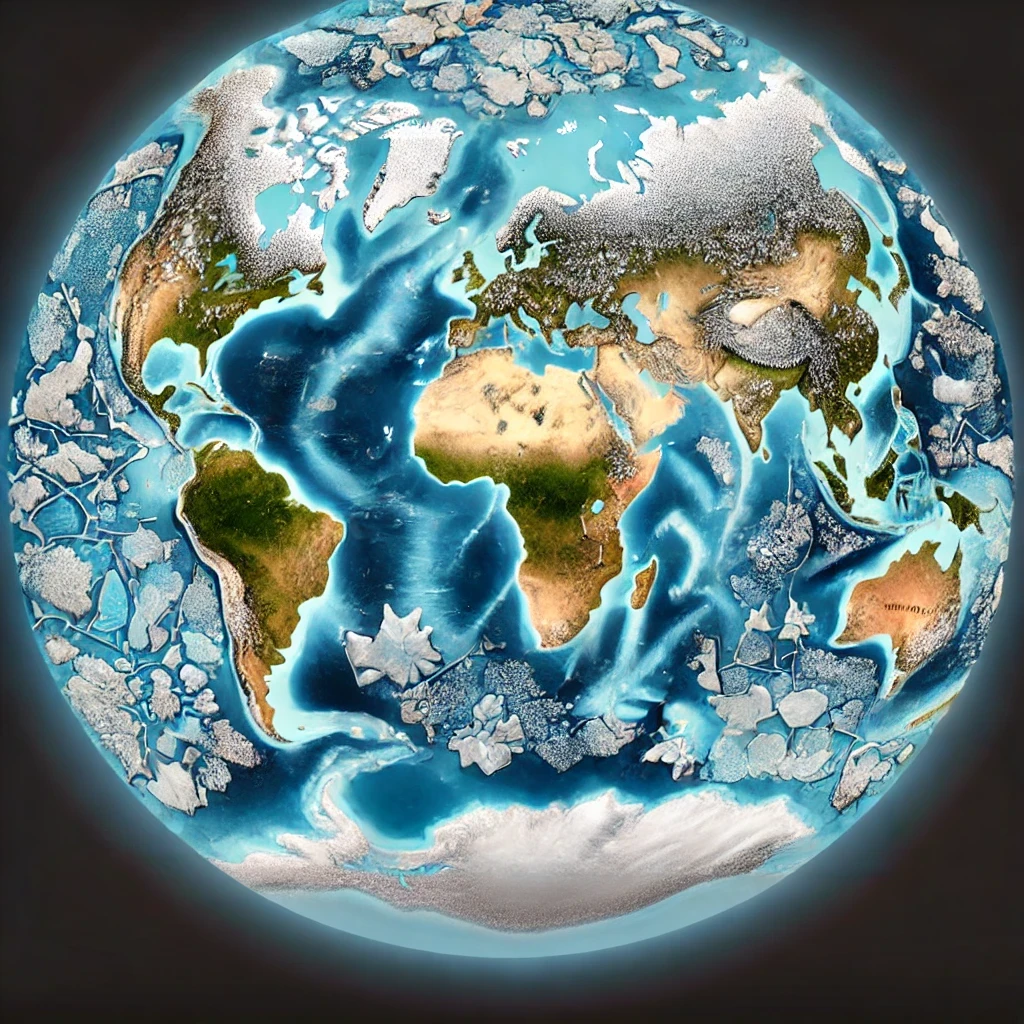A new study has highlighted the dramatic effects of climate change on lakes worldwide, revealing a significant decline in the amount of winter ice. Most of the world’s lakes experience seasonal freezing, with ice lasting an average of 218 days each year. However, over the last 25 years, the rate of ice loss has accelerated, with some lakes in the Northern Hemisphere seeing ice melt up to 45 days earlier per century. This rapid change is causing many lakes to experience ice-free winters or periods of intermittent ice cover, and it’s predicted that these trends will only continue to worsen in the coming decades.
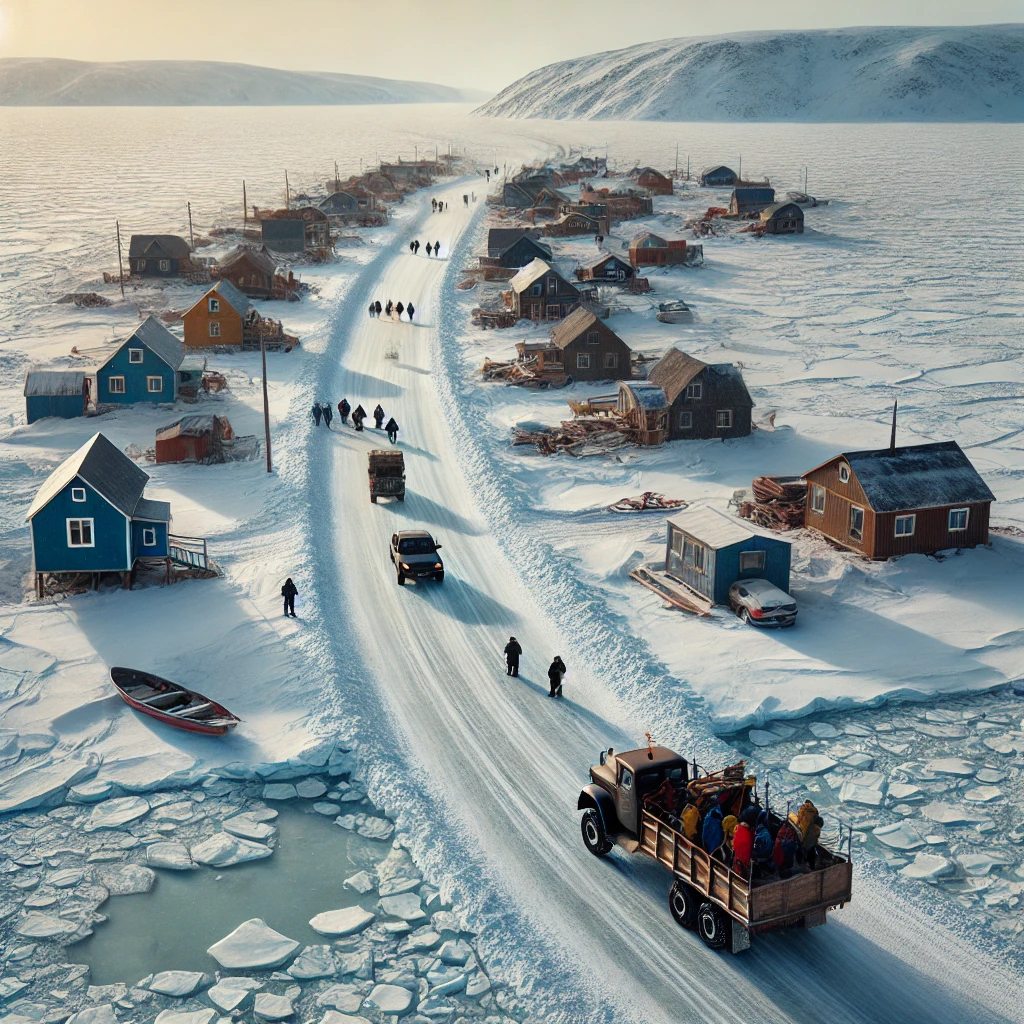
The loss of lake ice has serious implications for people around the world, as lakes are vital for many different reasons. They serve as sources of drinking water, provide habitat for fisheries, and even offer transportation routes in winter through ice roads. For some communities, especially those in remote areas, these ice roads are essential for travel and the delivery of goods. In northern regions, oil and gas exploration often relies on these frozen paths.
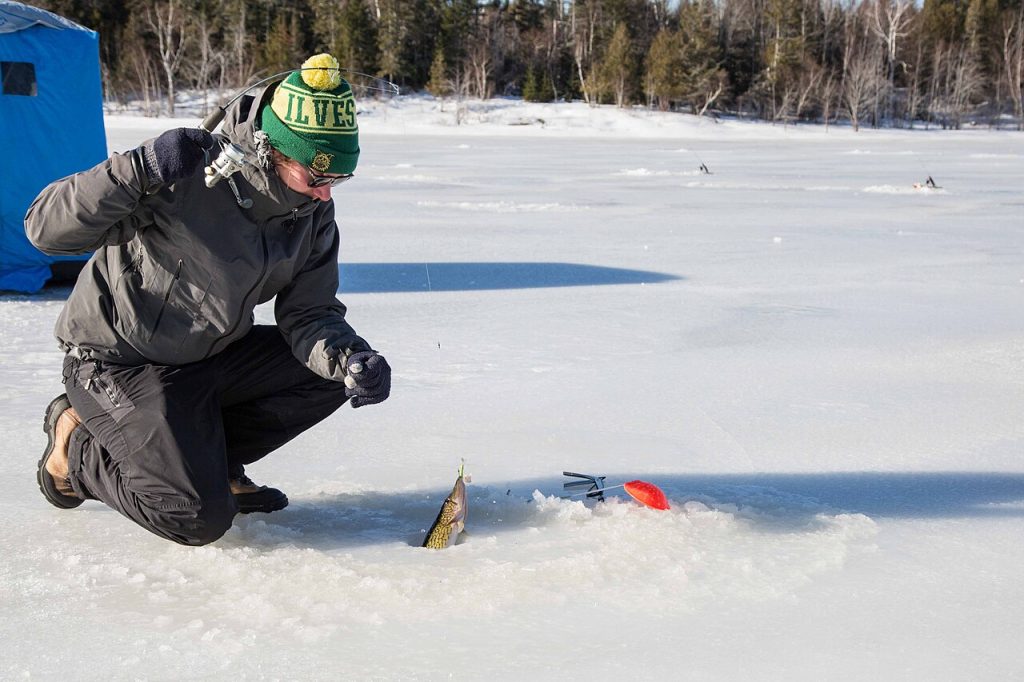
Recreational activities like ice fishing are also deeply tied to winter ice. In Sweden, ice fishing is a major industry, generating around $880 million annually. Beyond the economic benefits, ice also plays a cultural role for millions of people who live near seasonally frozen lakes. Activities such as skating, hockey, and ice festivals help create a sense of community and cultural identity. With lakes freezing less and less, these traditions are at risk of disappearing.
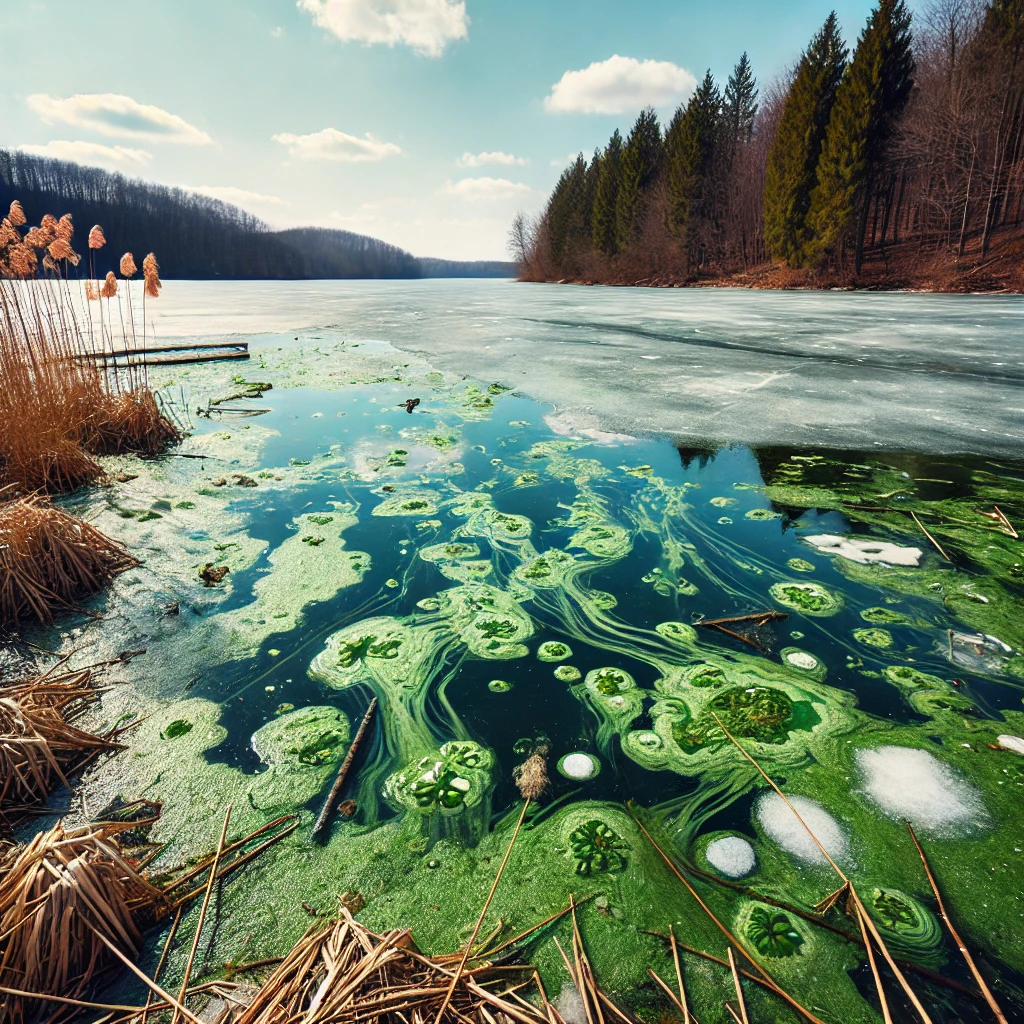
The changes aren’t just impacting people—lakes themselves are feeling the effects. As ice duration shortens, lakes warm up faster during the year, which leads to increased water evaporation. Warmer water also fosters harmful algae blooms, such as cyanobacteria, which can damage water quality. In addition, invasive species that thrive in warmer conditions could outcompete the cold-water species that usually live in ice-covered lakes, disrupting entire ecosystems.
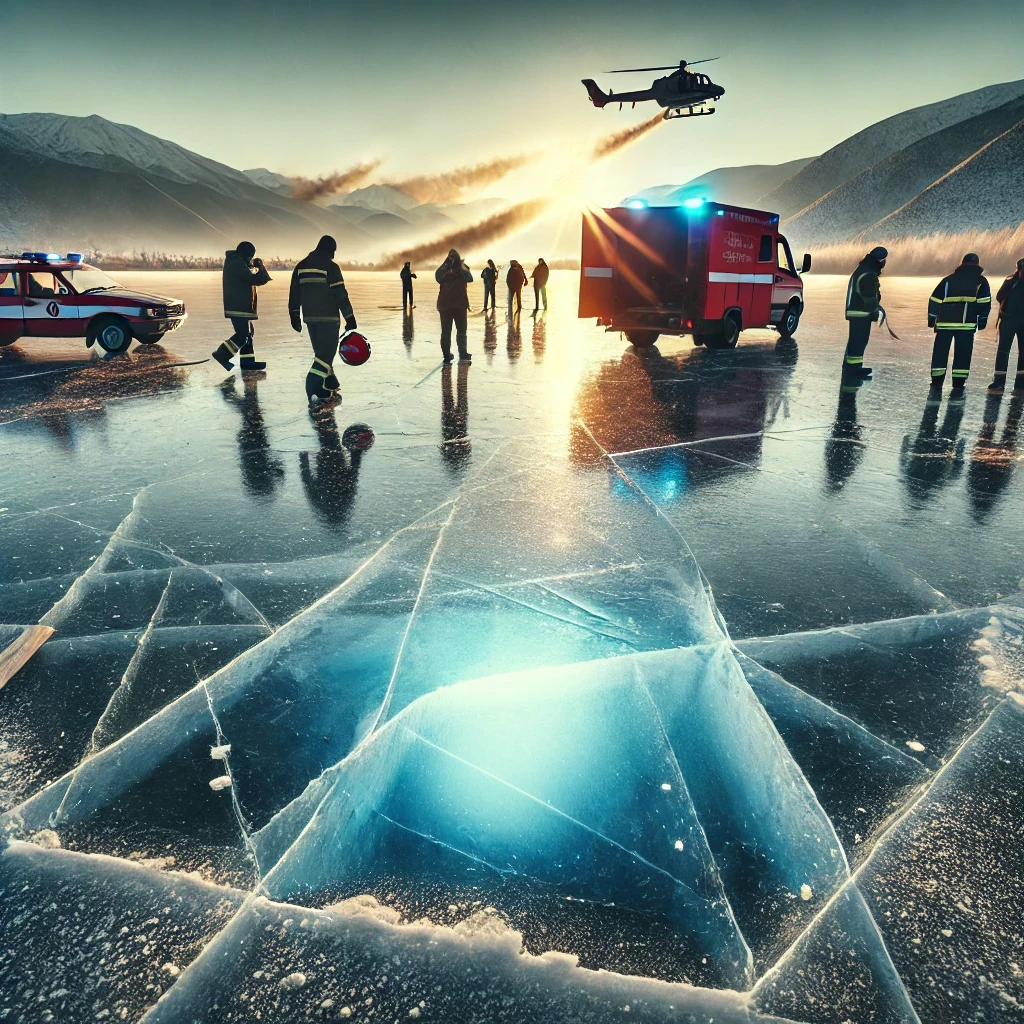
Thinner, weaker ice has also made lakes more dangerous. In areas where ice was once stable enough for people to walk or skate on, more accidents have been reported as people fall through unexpectedly thin patches. Additionally, lake ice prevents shoreline erosion and reduces greenhouse gas emissions by insulating lakes from the atmosphere. Without that protective layer of ice, shoreline erosion could worsen, and the release of greenhouse gases may increase.
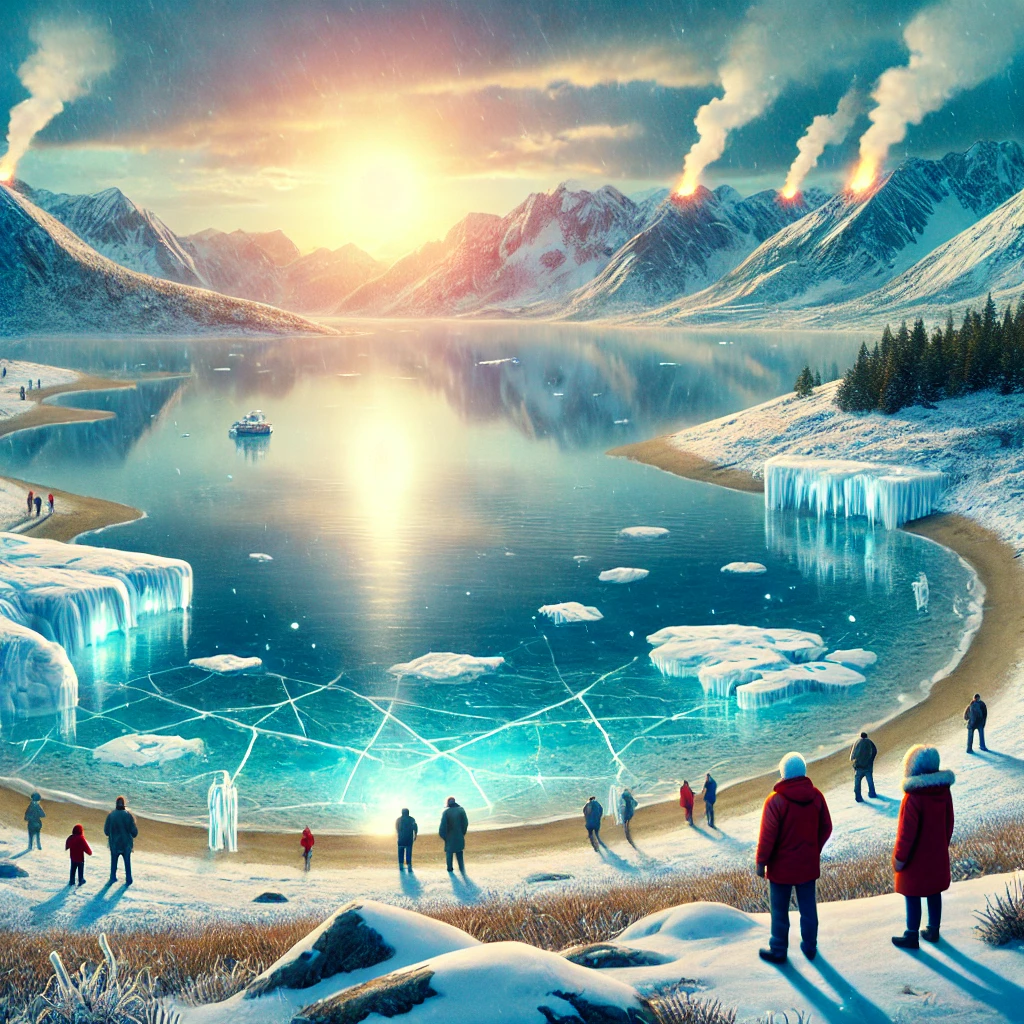
The study’s findings indicate that the situation could become much worse by 2080. Models predict that up to 230,400 lakes worldwide may experience winters without any ice at all. Lakes located closer to the equator, where temperatures are already warmer, are especially vulnerable, with predictions that 80% of ice days could be lost, making it too dangerous for humans to cross the ice.
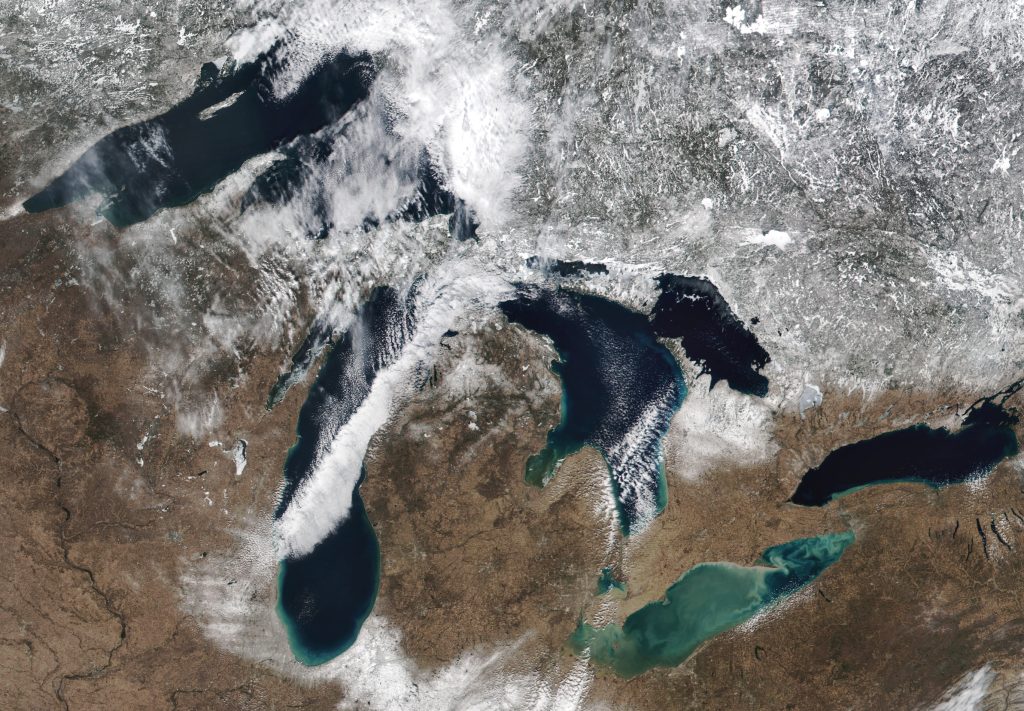
To fully understand the consequences of these changes, scientists need better models that take into account the full range of winter conditions and how they affect lakes year-round. Increased awareness of the importance of winter ice could help improve the management of freshwater resources, preserving lake ecosystems and their benefits for future generations.
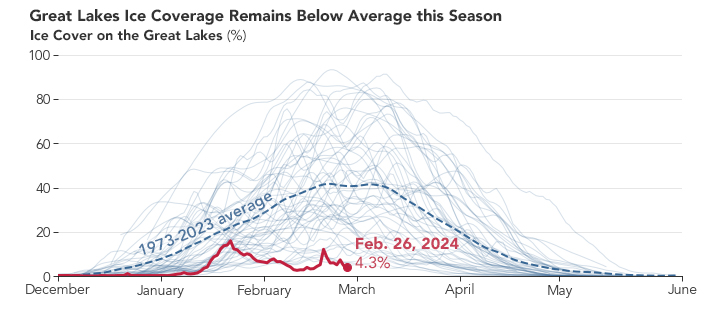
The loss of winter ice on lakes due to climate change has far-reaching consequences that go beyond just environmental concerns. It impacts recreational and cultural traditions, threatens water quality and biodiversity, and puts the livelihoods of people living near lakes at risk. This study serves as a crucial reminder of the interconnectedness of natural ecosystems and the importance of taking climate change seriously to protect both human and environmental health. By better understanding the role of lake ice in our world, researchers hope to find ways to mitigate these changes and manage our freshwater resources more sustainably.


